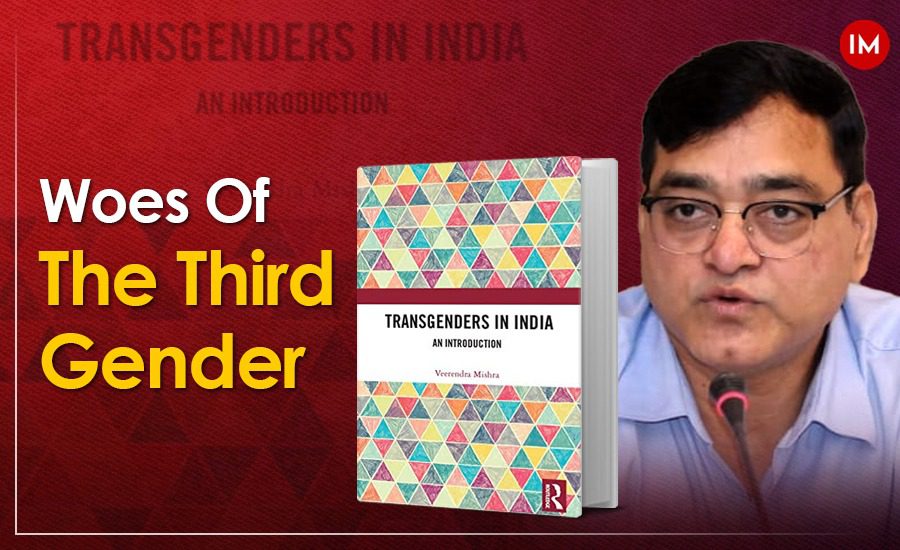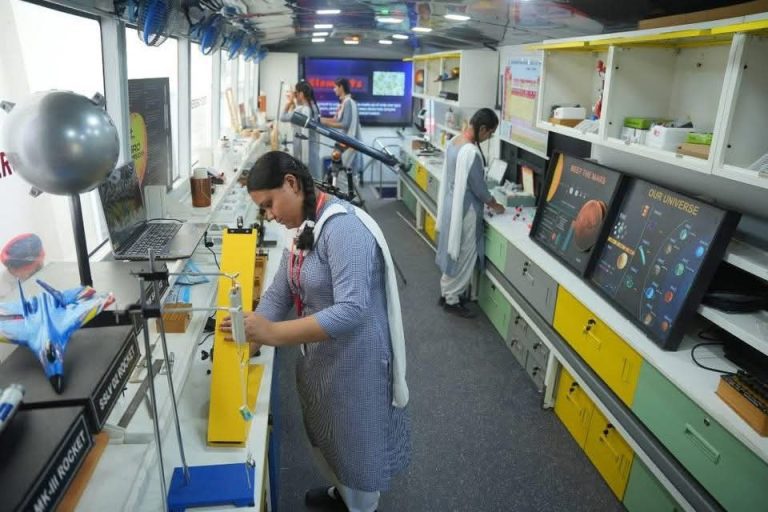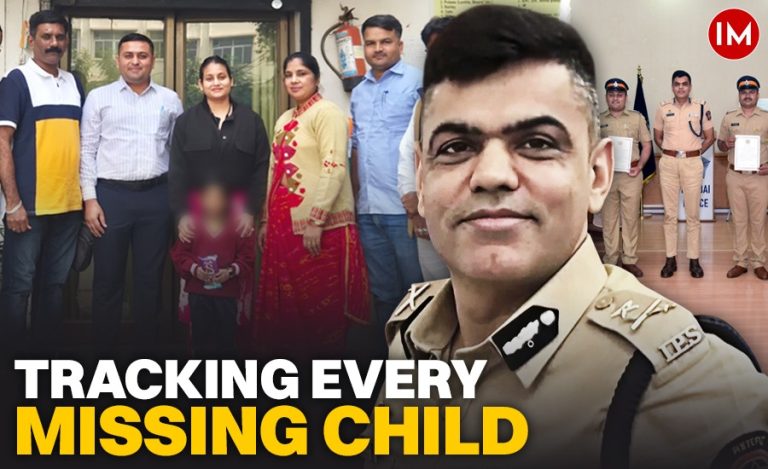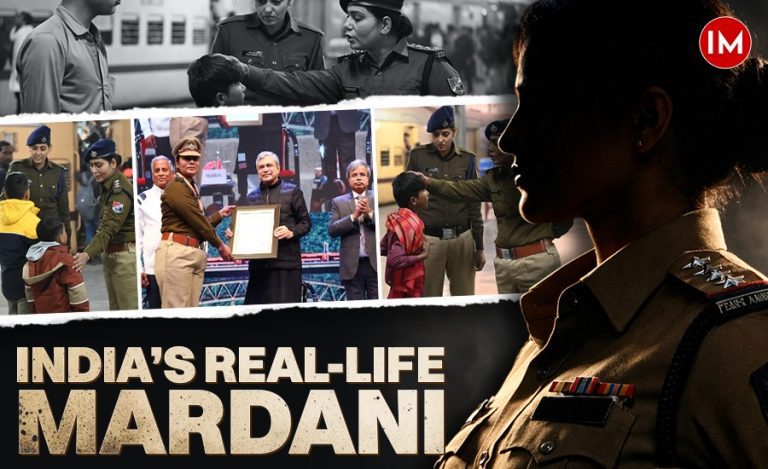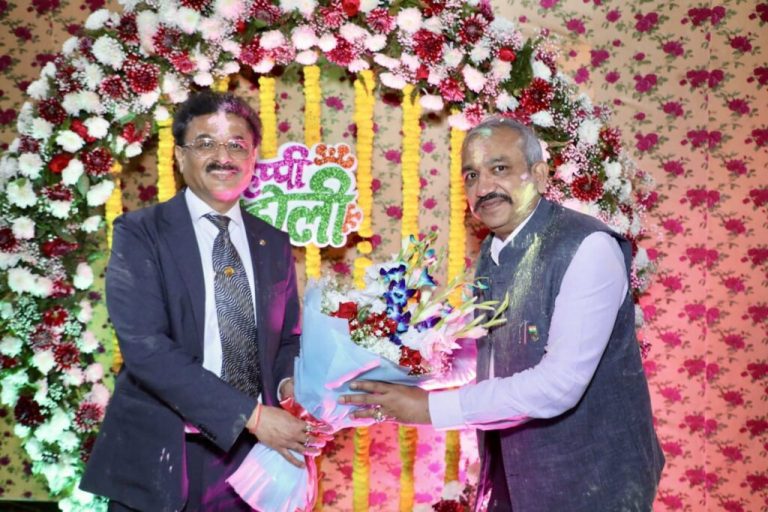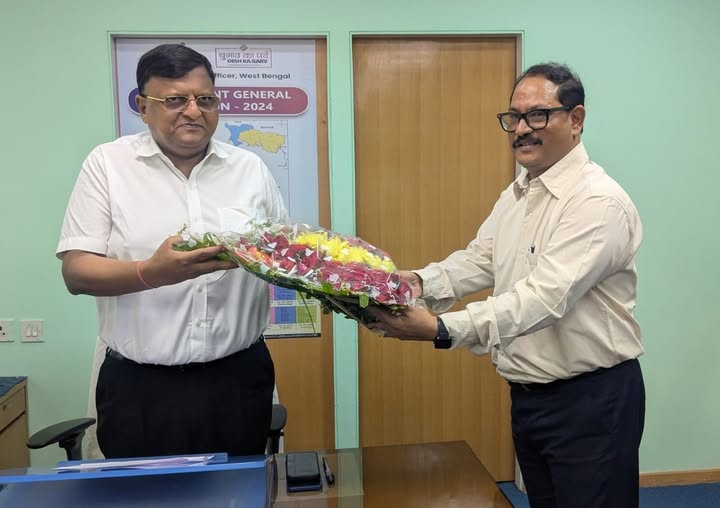Transgenders are that section of society who identify mostly as a different gender from the sex assigned at their birth time. We see them everywhere in our daily lives, from roads to public places, but, except for a curious look, we more or less end up ignoring them. They remain unknown to us. Never do we bother to know where they live, what they do, and what are the challenges before them. They are subject to much harassment and are one of the most marginalized communities. After a lot of struggle, they did find their place in the identity column, but it didn’t solve their problems.
During 2020-21, Madhya Pradesh cadre IPS officer Veerendra Mishra, known for his social work, got posted at the National Institute of Social Justice as the director. He was entrusted with the responsibility to implement the provisions of the ‘Transgender Act’. While doing so, he got the opportunity to interact closely with this community. He realized that the general public really have no idea about them. So, he has come up with the book, ‘Transgenders In India: An Introduction’ published by Routledge.
In an exclusive conversation with Indian Masterminds, the officer, who is now Assistant Inspector General of Police, Madhya Pradesh State Industrial Security Force, discussed the contents of his book.
THEY FIND MENTION IN HISTORY
In ancient history and scriptures (both Indian and other civilization), the transgender community has been given high regard and respect. In aborigine culture, they were given close-to-God like status, and were priests. Their mention can be found in both Mahabharata and Ramayana.
Mr. Mishra mentioned an incident from Ramayana where Ram asks all male and female following him to the forest, to go back. When he comes back after 14 years, he sees a bunch of people still waiting for him. On enquiring, he comes to know that they are transgenders, and as he had asked only male and female to go back, they had stayed. “Apart from being apologetic, Lord Ram appreciates their sacrifice and dedication. He gives them the boon that no happiness will be complete without them. This proves that they have not come up randomly, but have been part of society from past yugas,” he said.
DISCRIMINATIONS THEY FACE
He further mentioned that we had a culture of respecting them, but after the arrival of the Mughals and the Britishers, their condition took a turn for the worse. During the Mughal period, they were sexually objectified and were put outside the harems. When the Britishers came, they declared them criminal under the Criminal Tribes Act 1871. Their respect was destroyed and various rumours were spread about them. All this had a huge impact on them.
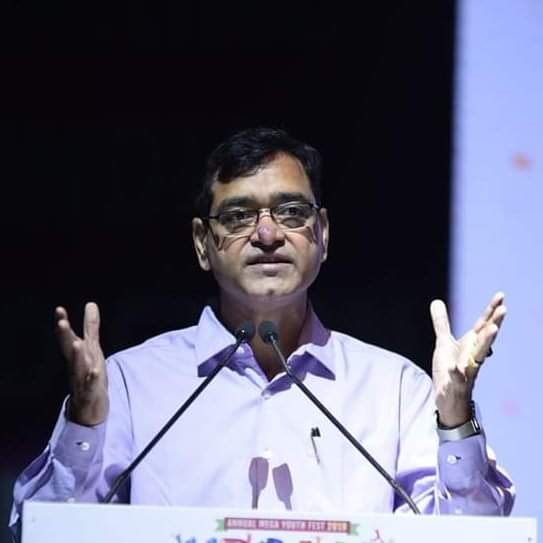
“They were left with few jobs. Either they became sex workers, or begged, or belonged to ‘gharanas’ and continued with their ‘badhai geets”, said Mr. Mishra. He further said that their survival is not just a big challenge but also a miracle, as they have to struggle with their identity, remove their genitals to be accepted, and take steroids to deal with the changes in their body. And, all this destroy them and even coming out in the society becomes very difficult for them.
A LONG WAY TO GO
In his book, Mr. Mishra also mentions the laws and rules that protect them. He is hopeful now that people are accepting them in various professions, but he asserts that a lot still needs to be done. He said, “Every individual has the right to live with dignity and they (transgenders) have continuously been denied it. They do not easily get respectable job and position in our society. Changes have come after the ‘Transgender act’, but there is a lot more to do”.

